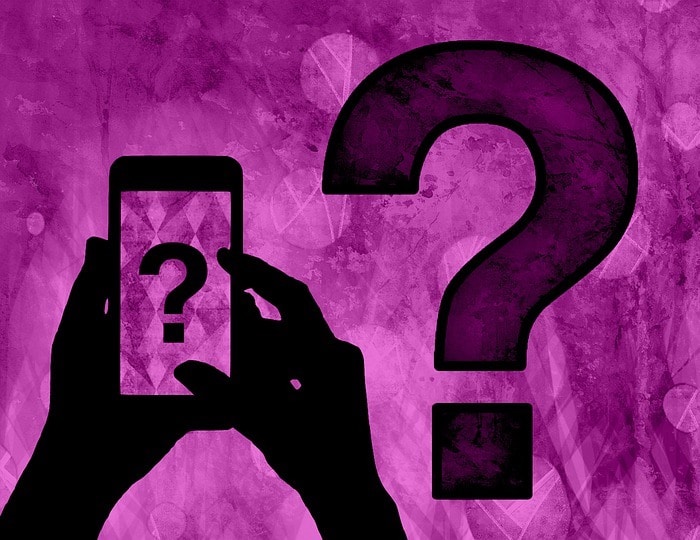
You asked, we answered! Our editor Sara Himeles who recently finished her rabbinical studies answered all of your Yom Kippur questions.
Besides creating a sacred space/gathering inspirational readings: what should we do if were not attending synagogue?
If you’re not attending synagogue but still want to take part in some Yom Kippur observances, you can fast, pray, and refrain from work. If you don’t have a machzor (High Holiday prayer book), you can find one on Sefaria (Ashkenaz or Sefard). Yom Kippur is all about self-reflection, repentance, and atonement, so you can also reflect on the past year and think about how you can be a better person, and closer to who you are meant to be, in the coming year. Here are a few questions you can use to reflect. You can also learn a lot more about the meaning of Yom Kippur in our holiday guide.
Why is Yom Kippur after Rosh Hashanah, not before?
That’s a great question. The High Holiday season has a very deliberate order, and it’s meant to be an entire journey centered on the themes of self-reflection, repentance (teshuvah), and atonement (being completely forgiven for our wrongdoings). During the month of Elul, leading up to Rosh Hashanah, Jews engage in cheshbon hanefesh (“an accounting of the soul”), meaning reflection and self-examination. On Rosh Hashanah, it is believed that God “opens” the Book of Life and writes our fates for the coming year.
The 10 Days of Repentance between Rosh Hashanah and Yom Kippur is a period of further self-examination and contemplation. During these 10 days, Jews often ask forgiveness of people they may have wronged during the year and engage in teshuvah (meaning “repentance” or “return”). This describes the process in which we acknowledge what we have done wrong, feel regret and vow not to do it again.
Jewish tradition says that through teshuvah, we can influence our own fates and have an opportunity to be inscribed in the Book of Life. The Unetaneh Tokef prayer famously states this idea: “U-teshuvah u-tefilah u-tzedakah ma’avirin et roa hagezeira” (“But repentance, prayer and righteousness avert the severity of the decree”). At the end of Yom Kippur, our fates are “sealed” for the coming year. So Rosh Hashanah has to come before Yom Kippur, because first our fates need to be “written,” and then (after we give our best effort to positively influence the “decree”), the fates are “sealed.”
Can I take medicine on Yom Kippur?
If you are sick and experience discomfort, or if you take medication every day, you are permitted to take the medicine on Yom Kippur. Rabbis Elozor Barclay and Yitzchok Jaeger explain, “A person may swallow bitter medicines in tablet, capsule or liquid form, but not if they are pleasant tasting or tasteless. The medicine must not be taken with water. If one cannot swallow the capsule or tablet without any liquid, he should use a bitter tasting liquid. (If the capsule or tablet will still be effective when mixed with water, this is a practical solution since such liquid is usually bitter tasting.)”
Can I read a book during Yom Kippur services?
It’s no secret to rabbis that some congregants “sneak” books into High Holiday services. For example, The Forward reported that Jonathan Sarna, a professor of history at Brandeis University, always brings a book to High Holidays services at his Orthodox synagogue.
“It is to ensure that my mind doesn’t wander too far away when the service is droning on in a way that perhaps doesn’t lead me in the spiritual direction that one would wish,” Sarna said. He said he brings a book that has relevance to the prayer service and that “can be defined, broadly speaking, as Torah.”
Favorite music from Yom Kippur?
Kol Nidrei, Avinu Malkeinu and Haneshama Lach
Are we allowed to swallow our spit? I heard it’s not allowed.
Let’s debunk any misconception: swallowing your own saliva is perfectly allowed on Yom Kippur, and it won’t break your fast.
Have more questions about Yom Kippur? Check out our guide to the holiday, advice on whether to grant forgiveness, and what to say to your Jewish friends on Yom Kippur.
Originally Published Sep 18, 2023 12:03AM EDT
